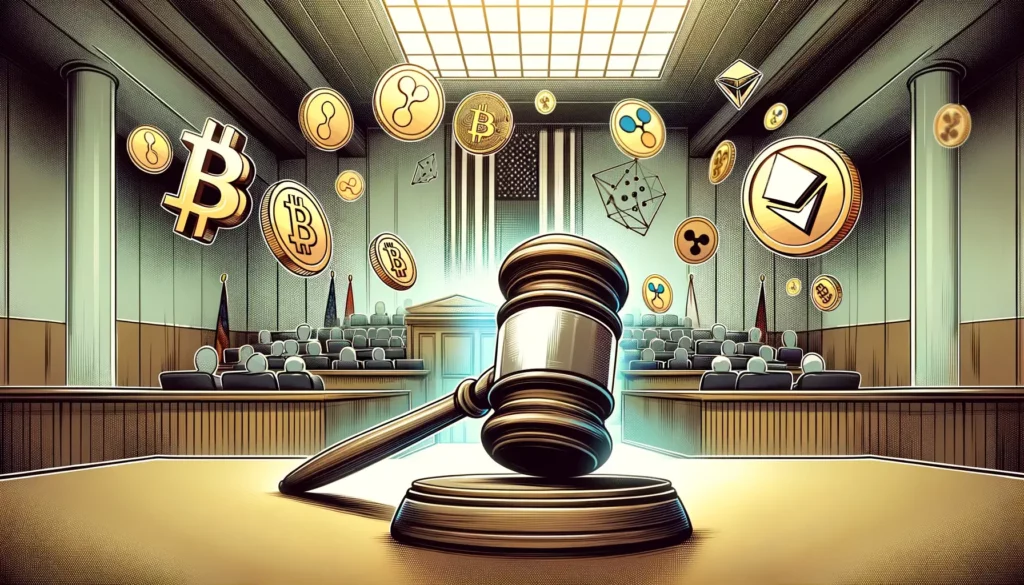The Latest Chapter in a Prolonged Legal Battle
The ongoing legal skirmish between Ripple and the United States Securities and Exchange Commission (SEC) has taken a new turn as the SEC requests an extension for document preparation. This request comes as the case, which has been unfolding for years, approaches a significant trial date set for April 23, 2024. The SEC’s plea for more time—to push its deadline from March 13 to March 22 for filing its brief on remedies, and Ripple’s subsequent deadline from April 12 to April 22—highlights the complexities and the meticulous nature of legal proceedings in financial regulation and cryptocurrency law. This development is particularly noteworthy as it underscores the SEC’s commitment to thoroughly reviewing necessary data and finalizing its stance, a move that Ripple has agreed to, showcasing a rare moment of concord in this protracted legal tussle.

Unpacking the Ripple v. SEC Saga
The Ripple v. SEC lawsuit is emblematic of the broader regulatory challenges facing the cryptocurrency industry. Initiated over allegations of Ripple conducting unregistered securities offerings through its XRP sales, this case has become a litmus test for how digital assets are classified and regulated in the United States. Federal Judge Analisa Torres’s involvement and the meticulous scheduling of brief filings underscore the legal system’s efforts to navigate uncharted waters. This lawsuit not only affects Ripple and XRP but also sets a precedent for the treatment of cryptocurrencies under U.S. securities law. The SEC’s diligence in seeking an extension reflects the case’s complexity and the regulator’s desire to build a robust argument, considering the potential implications for the broader crypto market.
A Personal Take on the Ripple-SEC Legal Fray
From my point of view, the SEC’s request for an extension is both a strategic and necessary step in a case of such magnitude. The legal battle between Ripple and the SEC is not just about one company’s alleged missteps; it’s about shaping the future regulatory landscape for cryptocurrencies in the U.S. The pros of this thorough legal process include the potential for clear regulatory guidelines and increased investor protection. However, the cons are equally significant, including prolonged market uncertainty and potential stifling of innovation in the crypto space.
The recent uptick in XRP’s price, amidst predictions of a significant surge, illustrates the market’s sensitivity to developments within this lawsuit. Analysts drawing parallels between XRP’s current position and its historic performance suggest a bullish outlook, yet this optimism must be tempered with caution. The outcome of this legal battle could have far-reaching implications, not just for Ripple and its stakeholders, but for the entire cryptocurrency ecosystem.
As we edge closer to the trial date, the cryptocurrency community remains on tenterhooks, awaiting a verdict that could redefine the regulatory boundaries for digital assets. The SEC’s meticulous approach, while causing delays, is indicative of the case’s complexity and the high stakes involved. As I see it, the resolution of the Ripple v. SEC lawsuit will be a watershed moment, potentially heralding a new era of cryptocurrency regulation.





